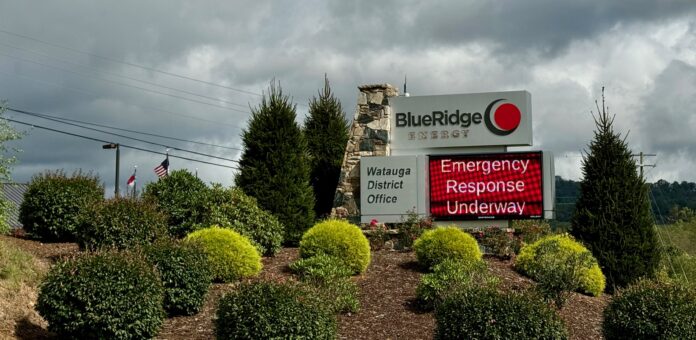Economic disasters are different than natural disasters, but many of you have reached out about our lessons learned from the leaders in Canton as you move forward.
What happened in Canton?
On March 6, 2023, Pactiv Evergreen announced in an earnings report that it would be closing a 100-year old papermill in Canton, a small town just west of Asheville in Haywood County. It was the state’s largest layoff of the year.
EdNC’s reporting on the mill closure in Canton
Organizing a coordinated approach in the initial phase of “shock and awe”
Whether an economic or natural disaster, how leaders organize themselves in the initial phase of “shock and awe” — those are the words leaders in Canton use to describe how leaders process and internalize the reality of a crisis — really matter for long term recovery.
Especially in small, rural communities, the leaders are already overworked and under-resourced all of which makes that initial crisis period until resources start flowing really critical but also unreasonably stressful.
“The nature of this work is to let the federal government handle what it will pay for, the state to provide the match and to fill in gaps, and for private philanthropy to complement what government cannot do with speed and support,” says Dan Gerlach.
What matters early on
From researching both economic and natural disasters, the following factors matter in the “shock and awe” phase:
- Momentum matters. Maintain momentum.
- Leadership transitions during the crisis impact momentum, especially during the first year of recovery. Proactively develop and implement the needed support for leaders to guard against transition.
- During a crisis, you should expect cycles of harmony, disharmony, and repair among the leaders who are operating under an enormous amount of stress. Have a toolkit to push to and through repair to maintain momentum.
- A bipartisan approach matters.
Urgent, short term, and long term objectives
In addition to managing the crisis, to optimize the challenge facing the community and to protect anchor institutions, local leaders need to coordinate their approach on communications and conduct a needs assessment from the get-go to obtain the ongoing support needed for years to come.
In Canton, local leaders from the town, county, school system, and community college met virtually for weekly meetings to align, coordinate, and support their collective leadership.
There were three primary objectives: coordinate internal communications among local leaders, drive external communications so the state could know and follow the story, and conduct an ongoing needs assessment to document what was needed from philanthropy, the state, and the federal government.
Those objectives were considered across three times frames: what is immediate and urgent, what is short term, and what is long term.
Week to week, local leaders triaged and sequenced who was doing what to maintain momentum and move forward.
You are not alone
The feeling of being geographically isolated is compounded in rural areas when a crisis happens.
That feeling is exacerbated by a sense that it will take forever for the resources you need to find their way to your community.
To our western leaders, you are not in this alone.
“Hurricane Helene has caused unprecedented devastation across Western North Carolina and we are leading an unprecedented response,” says Gov. Roy Cooper.
“North Carolina has a healthy savings account that will help us respond to the catastrophic nature of this storm,” says Senate Leader Phil Berger.
EdNC’s Emily Thomas is already in Western North Carolina documenting what is happening and sharing your story.
Continue to reach out to us with your questions, information, and stories at mrash at ednc.org.




